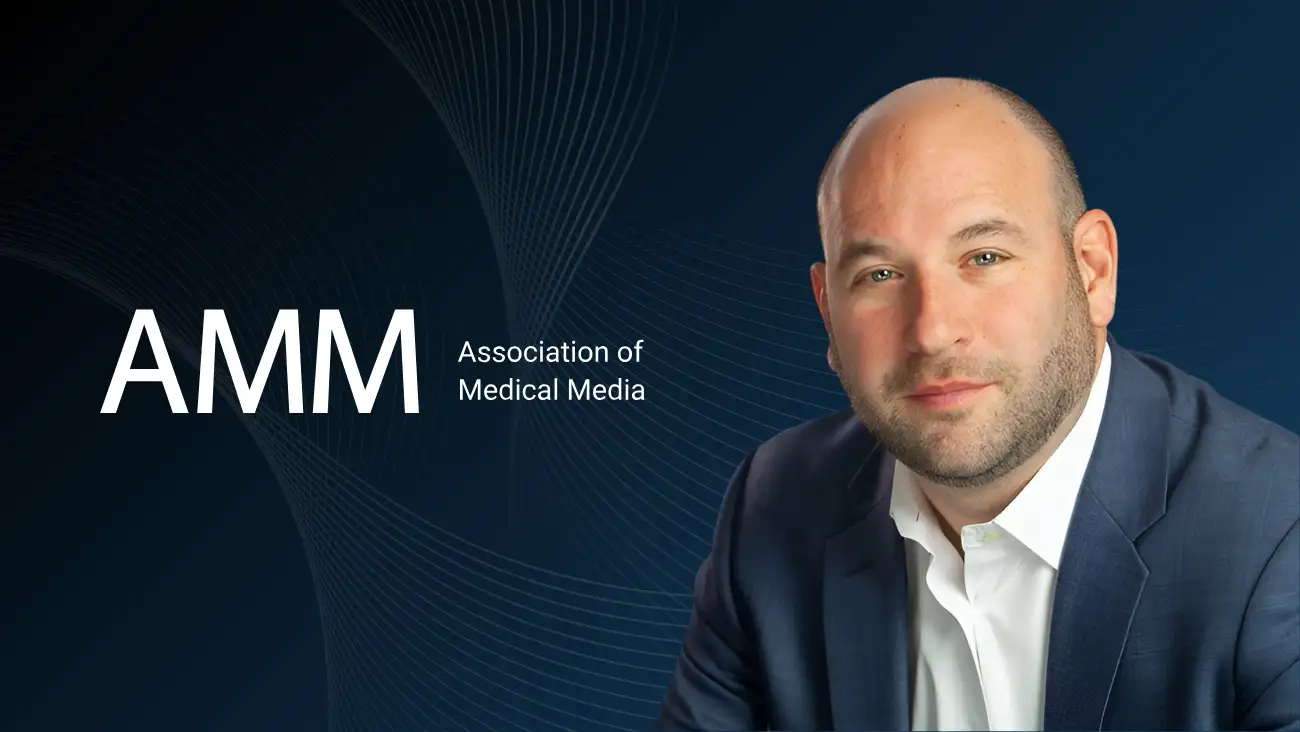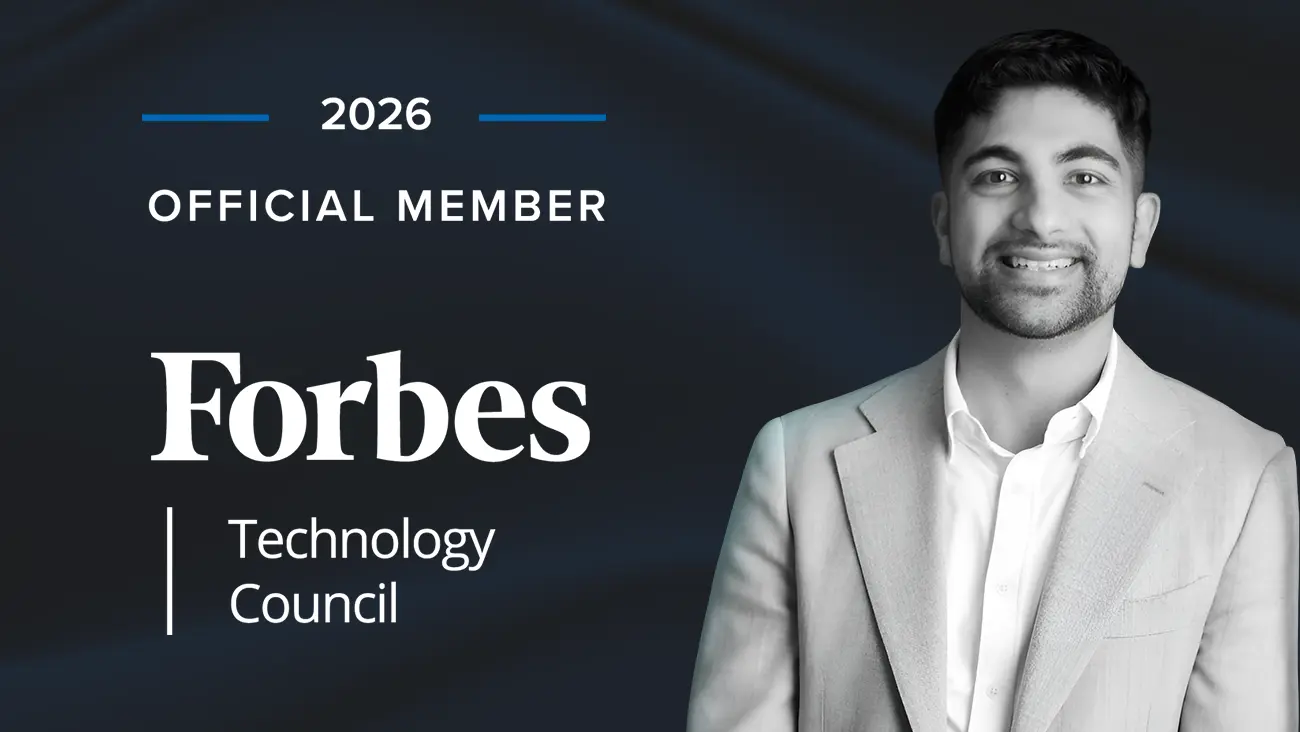As the pharmaceutical industry faces mounting pressure from Washington over direct-to-consumer (DTC) advertising, Impiricus CEO Sandy Donaldson is helping lead the conversation on how brands can adapt and thrive in a rapidly evolving regulatory landscape.
In a recent feature by Medical Marketing & Media (MM+M), Sandy was interviewed alongside other industry leaders about the growing momentum behind a proposed ban on pharmaceutical TV ads. The legislation, introduced by Senators Bernie Sanders and Angus King, aims to prohibit DTC advertising across all media platforms, including social media. While the bill has yet to receive a hearing, it signals a significant shift in how pharmaceutical companies may be allowed to engage with consumers in the near future.
Sandy emphasized that leading pharmaceutical brands are already preparing for potential regulatory changes by exploring alternative engagement strategies. “The smartest companies aren’t waiting for legislation to pass,” he noted. “They’re proactively diversifying their marketing mix—investing in HCP (healthcare professional) targeting, expanding digital communications, and building more personalized, trust-based relationships with patients.”Sandy also notes, “The winners within the pharma services industry will be the pharma companies and their partners that can crack the quality – not the quantity element – when engaging with physicians.”
This forward-thinking approach aligns with Impiricus’ mission to help life sciences companies modernize their communications and connect more meaningfully with healthcare providers in order to provide better care and education to patients. We have been at the forefront of this evolution with the first and only AI-powered HCP engagement engine, providing HCPs with fingertip and on-demand access to pharma’s most critical resources. As Sandy explained, “Whether or not a ban is enacted, the industry is moving toward more targeted, omnichannel strategies that prioritize relevance, trust, and value.”
The MM+M article also highlighted broader industry sentiment, noting that while DTC advertising has long been a staple of U.S. pharma marketing, it remains controversial. Critics argue that such ads encourage patients to request brand-name drugs unnecessarily, while proponents maintain that they raise awareness of life-saving treatments.
Regardless of the outcome in Congress, Sandy’s leadership underscores a key message: agility and innovation in HCP education and engagement will define the next era of pharmaceutical marketing.
Read the full MM+M article here.


